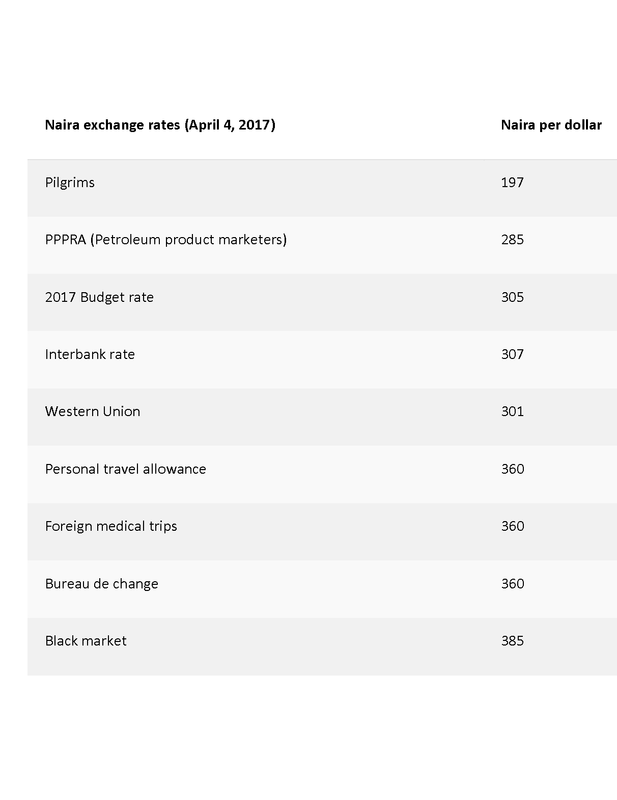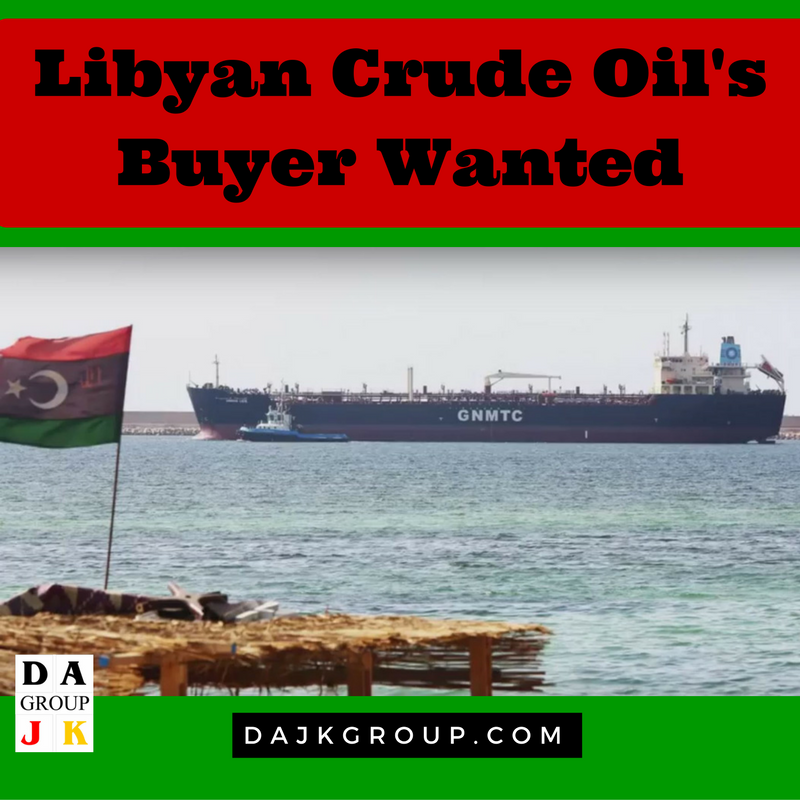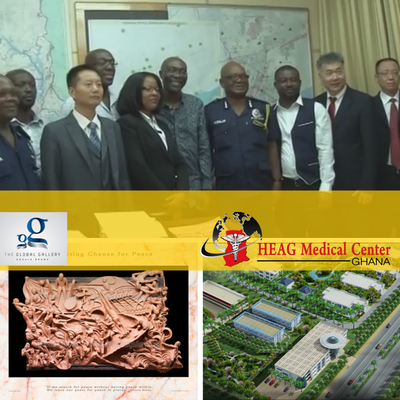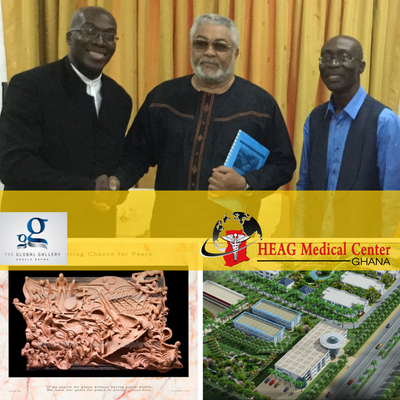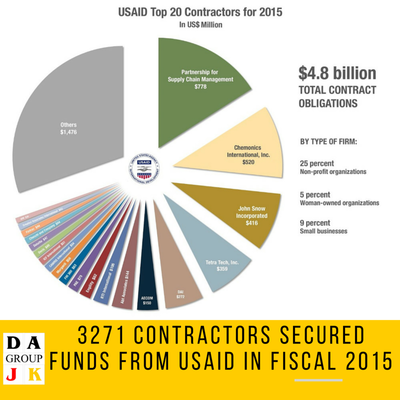Nigeria is no longer running short on dollars—for now In the past year, it’s been almost impossible to say anything about Nigeria’s economy without talking about the naira. Currency controls imposed by the government of Muhammadu Buhari led to a downward spiral for the naira, which changes hands at vastly weaker rates on the black market than the official one set by the Central Bank of Nigeria (CBN). As the central bank tries to manage the exchange rate rather than let it float freely, as advised by the IMF and World Bank, the parallel markets have delivered a damning verdict on what the naira is really worth. Nigeria’s latest currency woes can be traced back two years ago, when president Buhari first took over. Despite dwindling foreign reserves thanks to the fall in global oil prices, CBN governor Godwin Emefiele at first refused to devalue the naira—in line with Buhari’s wishes. But in June last year the CBN finally gave in, adopting a flexible exchange-rate policy determined by market forces. To nobody’s surprise, the naira immediately fell sharply against the dollar. But soon after the policy was adopted, it became clear that the naira was never fully floated. As part of a “managed float,” the CBN intervened in the market for dollars, which were in high demand. This didn’t last, and so importers and anyone else who needed dollars were forced, once more, turn to the black market. The gap between the official and black-market exchange rates then grew wider. The CBN is back in the market now, stepping up its interventions over the past month, supplying banks with dollars and allowing retail customers who want to buy forex for travel allowances or to pay school fees to do so—although at an approved rate. In recent months, restrictions on sales had pushed many to resort to the black market regardless. With at least some of the pent-up demand for dollars now being met by banks, the rate in the parallel market has started to return closer to the official rate. The improved supply of dollars has eased a shortage which left local businesses unable to import raw materials and Nigerians unable to meet medical expenses as well as pay tuition at foreign schools. The shortage, as well as the CBN’s unpredictable controls and Nigeria’s weak economy, had also scared away investors. The moves by international airlines to either pull out or cut routes to Nigeria has not been the best advertisement for the country’s business climate. By easing the dollar shortage, the CBN is likely hoping to convince Nigerians, and foreign investors, that the naira’s most nervous days are over. Regardless of recent stability, Nonso Obikili, a Nigeria-based economist, says it’s not clear how long the central bank can keep up its interventions. These have only been possible lately thanks to slightly improved foreign reserves: with a fragile peace pact holding in Nigeria’s oil Niger Delta region, production once hobbled by militants has been ramping up, allowing the country to earn more from its main export. The central bank’s ability to keep the supply of dollars flowing is dependent on conditions beyond its control, such as global oil prices and peace in the volatile Niger Delta region. But just as importantly, the CBN’s struggles to keep the naira under control have hurt its credibility. For much of his tenure as central bank governor, Emefiele has been thought to prioritize politics over economics, leading to the botched naira float and calls for his resignation. The recent dollar interventions have helped somewhat, but the CBN’s somewhat arbitrary new set of exchange rates has done little to ease the most serious concerns. “There is still no credibility, and still no functioning transparent official market. There is no price discovery mechanism. The result is that the CBN is still acting as a price fixer which, at the core, is the problem,” Obikili says. The creation of yet more exchange rates “will remain concerning for investors,” says Manji Cheto of consultancy Teneo Intelligence. The short-term goal of closing the gap between official and black-market rates has been achieved, but regaining investor confidence in the long term will take longer. “Investors would like to see a more sustained period of policy certainty before they can begin to feel more confident again,” Cheto says. IMF Executive Board Concludes 2017 Article IV Consultation with Nigeria March 30, 2017 On March 29, 2017, the Executive Board of the International Monetary Fund (IMF) concluded the Article IV consultation with Nigeria. With oil receipts dominating fiscal revenue and exports, the Nigerian economy has been hit hard by low oil prices and falling oil production. The country entered into a recession in 2016, with growth contracting by 1.5 percent. Annual inflation levels doubled to 18.6 percent, reflecting hikes in electricity and fuel tariffs, a weaker naira and accommodating monetary conditions (broad money expanding at 19 percent y-o-y). Even with a significant under-execution in capital spending, the consolidated fiscal deficit increased from 3.5 percent of GDP in 2015 to 4.7 percent of GDP in 2016, because of significant revenue shortfalls. This resulted, over the same period, in a doubling of the Federal Government (FG) interest payments-to-revenue ratio to 66 percent. The external current account turned into a surplus in 2016, as import compression continues to offset falling exports. The foreign exchange regime was liberalized in June 2016, but FX restrictions remain in place and the market continues to be characterized by significant distortions that have contributed to a 50 percent parallel market premium, which was halved following recent increases in central bank interventions and the removal of prioritized allocation of foreign exchange. Under unchanged policies, the outlook remains challenging. Growth would pick up only slightly to 0.8 percent in 2017, mostly reflecting some recovery in oil production and a continuing strong performance in agriculture. Policy uncertainty, crowding out, and FX market distortions would be expected to drag activity. Accommodative monetary policy would keep inflation in double digits. Financing constraints and banks’ risk aversion would crowd out private sector credit and increase the Federal Government’s already high debt service burden. A continued policy of prioritizing exchange rate stability would lead to an increasingly overvalued exchange rate, leading to a deterioration in the non-oil trade balance and gross reserves below adequate levels. Recognizing the unsustainability of current policies, the authorities have adopted an Economic Recovery and Growth Plan (ERGP) to transform the economy into a more diversified and inclusive economy. Key priorities include ensuring food security through agro-related manufacturing, promoting industrialization, and achieving sufficiency in energy—including the recently approved Power Sector Recovery Plan. The ERGP’s inclusive growth focus is to be supported through macroeconomic stability, investing in social infrastructure, building a globally competitive economy, and improving governance. Executive Board Assessment Executive Directors recognized that the Nigerian economy has been negatively impacted by low oil prices and production. Directors commended the efforts already made by the authorities to reduce vulnerabilities and enhance resilience, including by increasing fuel prices, raising the monetary policy rate, and allowing the exchange rate to depreciate. However, in light of the persisting internal and external challenges, they emphasized that stronger macroeconomic policies are urgently needed to rebuild confidence and foster an economic recovery. Directors welcomed the authorities’ Economic Recovery and Growth Plan (ERGP), which focuses on economic diversification driven by the private sector, and government initiatives to strengthen infrastructure—including the recently adopted power sector recovery plan. However, they underlined that without stronger policies these objectives may not be achieved. Directors generally emphasized the need for a front-loaded, revenue-based fiscal consolidation starting in 2017, to reduce the federal government interest payments-to-revenue ratio to sustainable levels. They underscored that priority should be given to increasing non-oil revenue, including through raising VAT and excise rates, strengthening compliance, and closing loopholes and exemptions. Administering an independent fuel price-setting mechanism to eliminate fuel subsidies, strengthening public financial management, and developing a well-targeted social safety net would also support the adjustment. Directors stressed the need to contain the fiscal deficit of state and local governments, including through improved transparency and monitoring. Directors underscored that external adjustment is necessary to protect foreign currency buffers and reduce vulnerabilities. They commended the recent easing of some exchange restrictions and urged the authorities to remove the remaining restrictions and multiple currency practices, thus unifying the foreign exchange market and helping regain investor confidence. Directors emphasized that these policies should be supported by tighter monetary policy and fiscal consolidation to anchor inflation expectations and to limit the risk of exchange rate overshooting, as well as structural reforms to improve competitiveness. Directors welcomed the steps to strengthen banking sector resilience through stronger prudential requirements. With asset quality declining, they recommended further intensifying bank monitoring, enhancing contingency planning, and strengthening resolution frameworks. Directors encouraged quickly increasing the capital of undercapitalized banks and putting a time limit on regulatory forbearance. Directors emphasized that ambitious structural reforms are key to achieving a competitive, investment-driven economy that is less dependent on oil. Priority should be given to improving infrastructure, enhancing the business environment, improving access to financing for small enterprises, and strengthening governance and anti-corruption efforts. Timely and effective implementation of these measures would promote sustainable and inclusive growth. Directors welcomed progress in improving the quality and availability of economic statistics and encouraged further efforts to compile subnational fiscal accounts. Source: IMF
0 Comments
Leave a Reply. |
AuthorDAJK GROUP is the place where investors, business owners and entrepreneurs can research and find useful information, insight, resources, advice, guidance and inspiration for acquiring funds for their project, acquisition for their net lease commercial real estate, increasing their assets and running their profitable business. Archives
July 2023
Categories |
Services |
Company |
|

